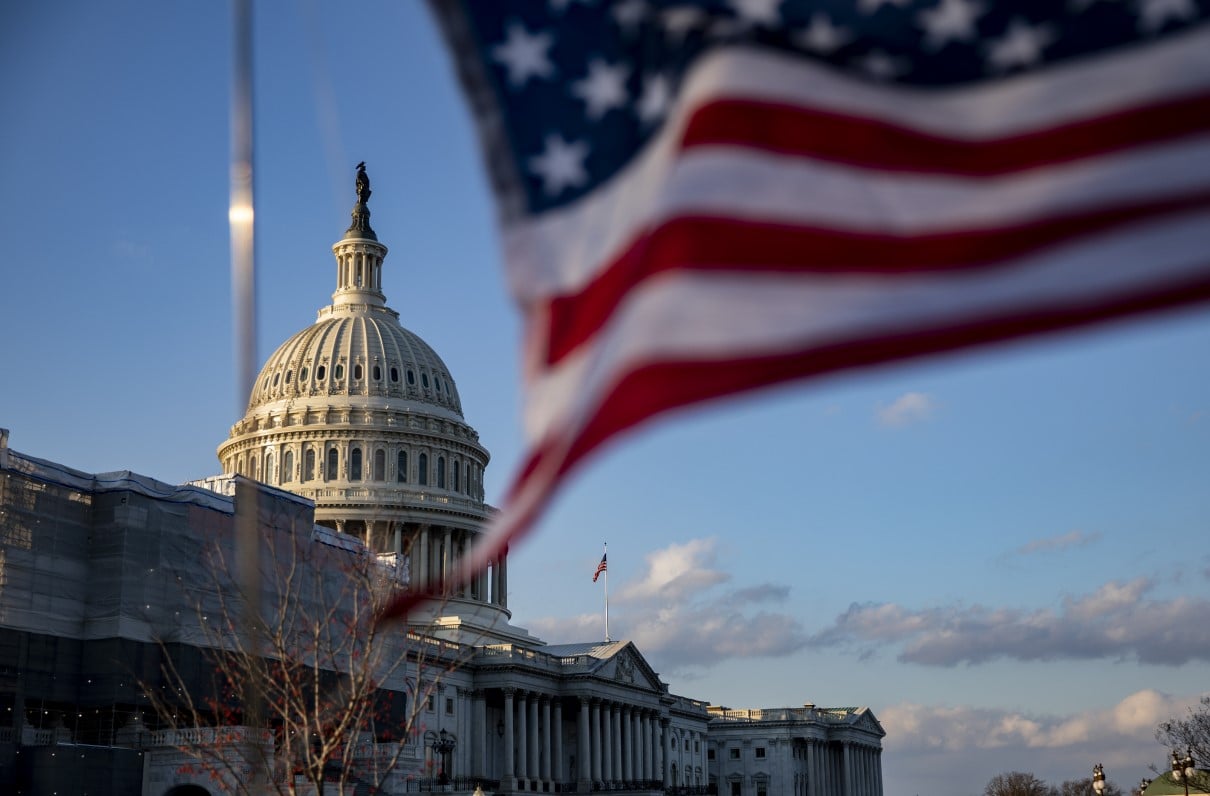The 116th Congress is scheduled to end its session Dec. 18, though House and Senate leaders can extend it if necessary to pass year-end legislation. There is still plenty of work to be done during this time, to include averting a potential government shutdown and passing critical defense legislation.
[FY 2021 NDAA ACTION ITEMS: Stop Cuts to Military Medicine | Expand Benefits for Tens of Thousands of Vietnam Veterans]
While MOAA continues efforts to shape the end of 2020’s legislative session, we’re also looking toward the 117th Congress, as well as the changes in the administration’s leadership and priorities that may impact our servicemembers past and present.
Here is a preview of MOAA’s legislative priorities for the coming session, which we are already working to influence during the incoming administration’s transition.
These objectives are broad and topical in nature. They are subject to refinement and interpretation depending on the latest legislation, as well as activities on the Hill or within the administration and its departments. Visit the Advocacy News page for the latest on all these subjects and others.
- Protect the value of the military health care benefit.
- Protect the military health system’s pharmacy benefit, and achieve flexibility in TRICARE pharmacy copays.
- Address barriers to accessing care within the military health system, including TRICARE coverage gaps and mental health care access challenges.
- Protect family support programs, and ensure military-provided services (housing, PCS, child care) are affordable, readily available, and meet quality standards.
- Sustain pay raises for the troops and COLA raises for retirees.
- Ensure Coast Guard members are paid during a government shutdown.
- Sustain Veterans Health Administration (VHA) foundational missions and services.
- Achieve equity of benefits, protections, and administrative support for Guard and Reserve members consistent with their active-duty counterparts.
- Reform the presumptive process to support veterans claiming service-connected disabilities for toxic exposures.
- Achieve concurrent receipt of service-earned retirement pay and VA disability pay.
- Protect Arlington National Cemetery as an option for those currently eligible to receive full military honors through expansion of our national cemetery.
- Improve survivor benefits.
How does MOAA determine the priorities?
MOAA’s Government Relations team evaluates the legislative landscape throughout the year to inform the overall objectives framing our legislative priorities in no certain order — MOAA has 10 registered lobbyists who may be prioritizing any one of these issues at any given time. The team works diligently to assess all aspects of their portfolios following these methodologies:
Proactive: Research and analyze emerging issues, for example:
- The president’s budget and accompanying analytical perspectives (due out by the first Monday in February).
- The Congressional Budget Office report: Options for Reducing the Deficit, out in December of even years (read the 2018 copy).
- The Quadrennial Review of Military Compensation, the 13th version of which is due this month. See the president’s memo to the secretary of defense laying out the objective of the review, which is to assess the adequacy of military compensation and each of its underlying components.
- Other issues as encapsulated by special news alerts and synopsized reports on legislative activities, which the team receives by subscription.
Responsive: Assess the state of play for legislation in progress or not yet submitted. For example: We are still waiting on the FY 2021 National Defense Authorization Act (NDAA) to get through the conference committee. MOAA lobbied this past spring and summer for certain health care provisions to be included in the final bill. If we succeed, our efforts will pivot to implementation and oversight; if not, we will need to re-ignite support on the Hill, likely the Senate, to get these provisions into the FY 2022 NDAA.
Also, appropriations for the government beyond Dec. 11 are still up in the air, as are potential COVID-19 relief measures.
In short, MOAA’s legislative objectives need to be flexible and scalable to match the legislative environment.
The Coming Storm
So, which of these objectives will become topics for future in-person or virtual annual advocacy efforts?
As you can surmise from the above information, especially when dealing with the unknown or not-yet-solved legislation toward year’s end, the specific topics at the heart of MOAA’s signature advocacy push sometimes don’t crystalize until the last moment.
As such, the potential topics remain as broad as the list above; MOAA’s Board of Directors has a role in approving the topics toward the end of January.
MOAA Knows Why You Serve
We understand the needs and concerns of military families – and we’re here to help you meet life’s challenges along the way. Join MOAA now and get the support you need.

